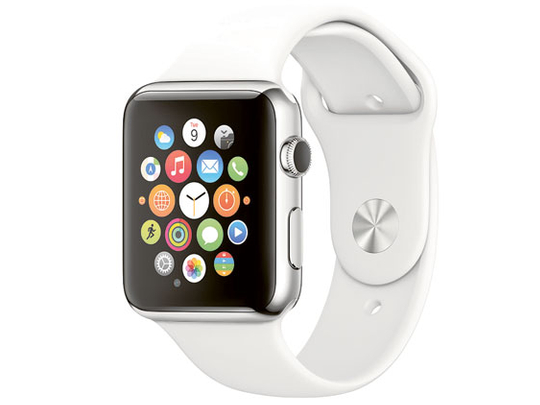
DUBAI; The Apple Watch has set many a heart beating — among those who feel it would be the missing element in getting their work-life balance on a perfect track and those who admire it for the chic and sleekness long associated with Apple merchandise.
But there is one particular grouping among whom it has failed to elicit a tick — makers of luxury timepieces. At least so far.
The standard response from them has been that mass-produced watches — even those that are cutting-edge in “smart” connectivity — caters to a different universe of buyers. “So, what smart watches will do is create a different category within the watch industry, but where luxury and extreme precision watch manufacturers will continue to maintain their own identity,” said a senior official with the Middle East office of a leading prestige brand. “There will always be the informed and affluent buyer wishing to buy a legacy brand and they are not going to go for anything off-the-shelf.
“The Swiss watch industry has seen many trends emerge in the industry over decades ... smart is only the latest. Many of those trends were expected to change the way traditional prestige watchmaking industry. But nothing happened.”
Sean Connor, General Manager of Plug Ins, knows where that sentiment comes from: “Consumers using traditional Swiss watchmakers or high-end brands are less likely to change their wearing habits — as a matter of fact, watches are items of emotional value and often irreplaceable.”
Sure, a like-for-like case cannot be made out between the Apple Watch and a top-tier luxury timepiece. Even with the gold trimmings, an Apple Watch could be in the range of $1,000 (Dh3,670), while most of the prestige watch brands get into the frame only upwards of $5,000.
But mid-tier watchmakers will need to watch their backs. It could be their price points that Apple Watch’s top-of-the-line models will come up against.
But despite its late entry vis-a-vis competing “smart” wrist merchandise from a Samsung or Sony, the Apple Watch can now claim the mantle of being the touchstone within the category. It is quite unlikely that newer gear from any of its competition can escape comparisons with what Apple has put out. By that measure, the Apple Watch has already clocked in an impressive resume.
But there are sceptics to be won over. “With the current slew of smart watches I don’t believe that they really bring anything new to the table — your smartphone can do it all,” said Jason Saundalkar, editor of the Horlogyme blog and a collector of fine timepieces. “And, there’s another question that I think is worth asking — Does anyone really want yet another gadget that will inevitably need charging every night?”
But such has been the overwhelming chorus of ooh-aahs the Apple Watch has generated it does give the impression that tech giants have sort of “hijacked” the watch industry’s internal dynamics. But local tech retail sources are not prepared to go that far.
“I don’t think the watch industry is being hijacked — yet,” said Ashish Panjabi, Chief Operating Officer at Jacky’s Group. “There is still an evolution of designs that will need to come. If you look at most luxury watchmakers, they have different designs because most people have got a unique preference or taste. In smart watches, we’re yet to see that variety. For now, I think many smart watch users either don’t use it for the whole day or not wearing a watch anyway.”








